


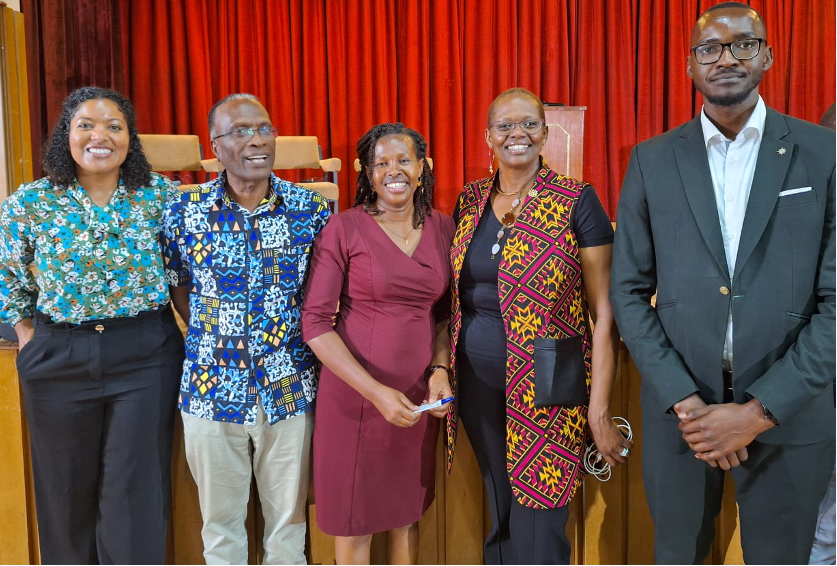

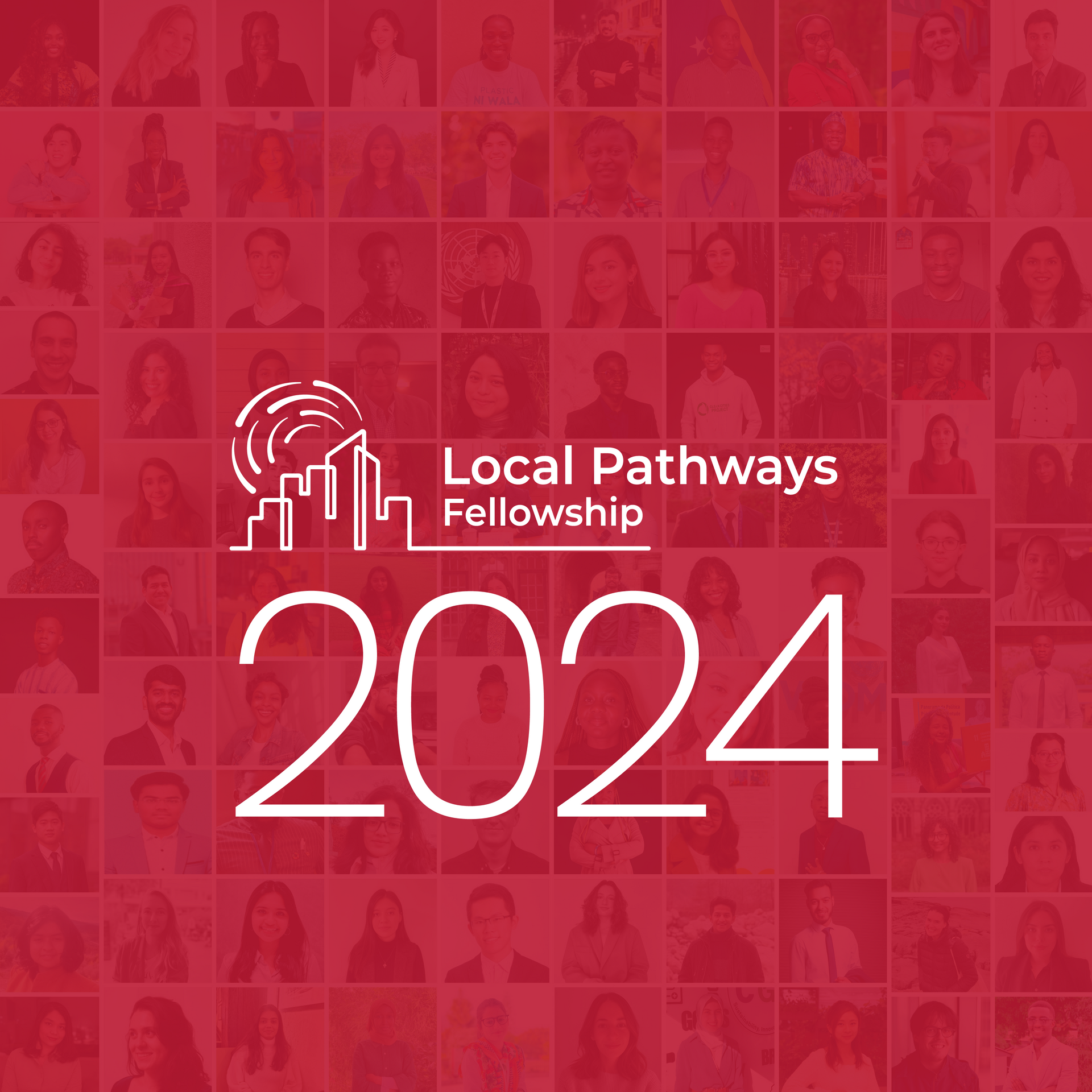

Guillaume Lafortune
Sustainable Development Solutions Network (SDSN)
Guillaume Lafortune coordinates the SDSN annual Sustainable Development Report which tracks the performance of all UN
member states on the Sustainable Development Goals. Contact: guillaume.lafortune@unsdsn.org. This article benefited
from excellent research assistance from Finn Woelm (SDSN).
The Covid-19 pandemic is shedding light on the vulnerability of health systems, including in rich countries, that many thought were best prepared to face epidemics. SDG3.D. calls all countries to strengthen their capacity for early warning, risk reduction and management of national and global health risks. As of April 16, the country with the highest number of reported cases and deaths due to Covid-19 is the United-States. This is likely to continue as the number of reported cases and deaths continue to grow in the United-States. As a share of the population, besides small city-states, Spain, Belgium, Italy, France and the United Kingdom report the highest number of deaths per capita. By contrast, countries located closer to where the disease outbreak started - such as South Korea - seem to have managed more effectively the Covid-19 outbreak. Some of these countries have started to loosen up lockdown measures.
The situation remains highly unpredictable. Data and statistics on cases and mortality due to Covid-19 move rapidly. Experts question at times their reliability. Yet, it is already clear that much of what we thought to know about countries’ health systems and their ability to cope with such a major public health challenge was incomplete or incorrect. This raises important questions on how we measure countries’ preparedness.
This paper presents a first comparison between two country-level indices that aim to measure countries’ preparedness to face epidemics. One produced before Covid-19 and one that has recently been released following the initial outbreaks. The findings on this latter index remain preliminary and will be updated as the health crisis unfold. These two measures received a lot of media attention in the past few weeks. The paper aims to highlight potential limitations in pre-Covid-19 measures of health systems’ preparedness and capacities to face epidemics but also to identify other reasons, non-health related, that might affect the effectiveness of countries responses to disease outbreaks.
In March 2020, the Deep Knowledge Group (a consortium of profit and non-profit organizations) released the Covid-19 Safety, Risk and Treatment Efficiency framework and indices. The Indices cover 150 countries. They use 72 metrics grouped into three indices (Safety, Risk and Treatment Efficiency) and twelve underlying quadrants. The data is collected from publicly available sources including World Health Organization, Johns Hopkins University, Worldometers, and the CDC. Many elements of the methodology and results are proprietary and have not been released publicly. This makes it impossible to fully assess this new index and its sub-components. The top 40 ranks for the “Safety” Index are accessible online. The “Safety” Index includes four quadrants: Quarantine efficiency, Government management efficiency, Monitoring and detection and Emergency treatment readiness. More details are available in the supplementary material section. Overall, Israel, Germany and South Korea topped the 2020 Covid-19 Safety Index. The Covid-19 Safety Index is dynamic; scores and ranks have already evolved since it was launched and will continue to evolve over time as the health crises unfold.
One would assume that the top performers in the November 2019 GHS Index would also perform best in terms of responses based on the preliminary results from the Covid-19 Safety Index. However, looking at 43 countries for which data are available on both indices as of 15 April 2020 [3], there is no correlation in the GHS ranks and Covid-19 Safety ranks (see figure below). While a few countries like Australia and South Korea rank well on both indices, the two top performers in the GHS – the United-Kingdom and United-States – are not in the top 40 performers in the Covid-19 Safety Index. Other OECD countries that ranked well (in the top 20) in the November GHS index such as France, Spain or Sweden are also not in the top 40 Covid-19 Safety ranks. By contrast, countries such as Austria, China, Hungary, Israel, Japan, New Zealand, Singapore and the United Arab Emirates perform better on the Covid-19 Safety Index than what could be “predicted” by their GHS ranks. Germany performed only 14th on the GHS index while it is ranked 2nd on the Covid-19 Safety Index, whereas France ranked better than Germany on the GHS index but much worse on the Covid-19 Safety index (not in the top 40).
There is also a very poor relationship between the November GHS ranks & scores and the number of Covid-19 cases and Covid-19 deaths per capita (fig 3.). In our view, death rate is the useful indicator of effectiveness. The number of cases reported might simply reflect that a greater portion of the population are being tested.
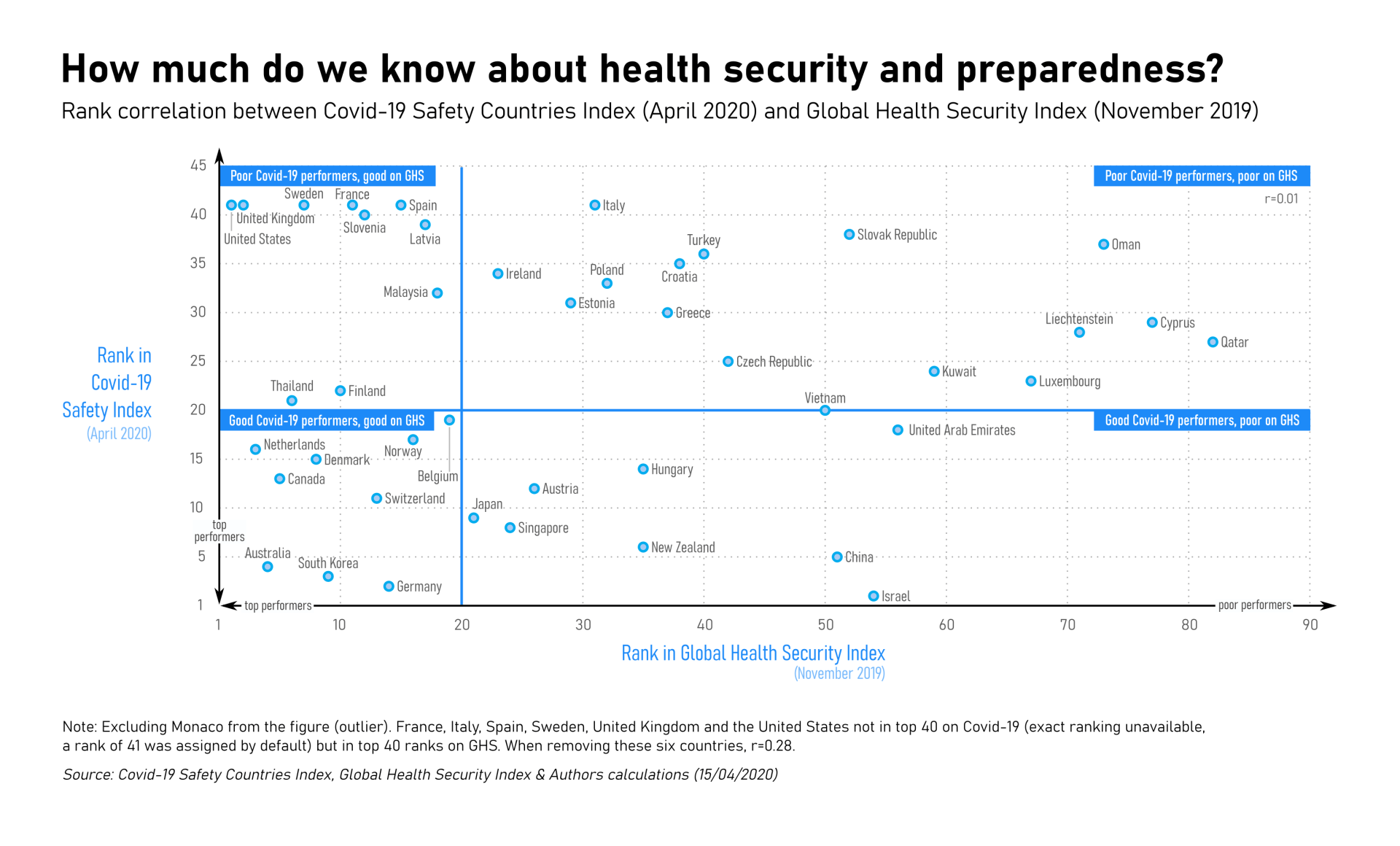
Out of the six categories of the GHS, three really capture the health systems capability to respond to an epidemic outbreak. The three other categories on Prevention, Compliance with international norms and Risk environment capture more issues that go beyond the preparedness of the health care system (including behavioural factors). Yet, even when focusing on the GHS categories related to detection, response, and health preparedness the rank correlation with the Covid-19 Safety Index remains completely random (fig 4). Surprisingly, there is an inverse relationship between the GHS ranks on the “Detection” category and the number of Covid-19 tests per capita according to the data available as of April 16th (fig 5).
These results suggest that the November 2019 GHS might have greatly overestimated the preparedness and capacity of certain health care systems to respond to major epidemics - particularly those of France, Spain, the United Kingdom and the United States. By contrast, the preparedness of certain countries, including for instance Germany and South Korea, seems to have been underestimated.
Considering the level of uncertainty, it is too early to draw any final conclusions. There are uncertainties related to the accuracy of Covid-19 data including on incidence and death rate. Some countries like China have already started to review the number of covid-19 related deaths upwards, and in many OECD countries death rates in nursing homes have not been reported accurately yet. Also, should some countries face a “second wave” of Covid-19 international assessments of countries’ response and effectiveness in managing the pandemic would evolve.
Besides the degree of uncertainty, technical choices made in constructing these indices and ranks (including weights given to certain variables or normalization and aggregation techniques) might also explain some of the discrepancy. The figure above focuses on rank correlations because total scores on the Covid-19 Safety Index are not available. Score correlation should also be conducted to provide a more comprehensive picture. The numerous moving pieces should therefore call for prudence in interpreting these results.
Yet, we highlight below two broad preliminary hypothesis that might explain parts of the discrepancy between the GHS and the Covid-19 Safety Index and other measures of Covid-19 impacts (including incidence and death rates) at country-level.The GHS is meant to apply to a wide range of health and biological risks: natural, intentional, or accidental. Still the key messages and the conceptual framework presented in the November 2019 GHS are highly relevant in the Covid-19 context. The key message of the November GHS report was that most countries are not well prepared to face pandemic threats. The six categories of the GHS framework prove to be very relevant in the Covid-19 context. Under category 1 (prevention) the GHS tracks for instance the existence of surveillance systems for zoonotic diseases/pathogens. Category 2 (early detection) tracks the capacities of national laboratory systems and epidemiology workforce and the existence of electronic reporting surveillance system. Category 3 (rapid response) tracks the existence of national public health emergency plans and Emergency Operations Centers (EOC) and whether countries conducted health emergency exercises recently. Category 4 (Health System) focuses on the capacities of the hospital system (e.g. number of hospital beds) and primary care system (e.g. number of doctors), on the availability of equipment and on measures of access to care (UHC, out of pocket expenditure). It also has a specific focus on processes for approving medical treatments. Category 5 (Norms) and Category 6 (Risk) cover aspects that go much beyond the health care system preparedness including the adoption of international resolutions, recent political statements and risk factors in case of an epidemic outbreak (poverty, education, quality of infrastructure etc.).
The weights assigned to the six categories by the International Expert Panel for the construction of the overall GHS score and ranks also resonates quite well in the current context. Categories 2 (early detection) and 3 (rapid response) have the greatest weight (19.2%), higher than the four other categories (16.7% or less). It is likely that part of the success of Asian countries in dealing with the Covid-19 crisis can be attributed to massive testing, acute surveillance systems and rapid isolation of infected patients. This likely helped flattening the epidemic curve and reduced burden on the hospital system. In fact, in light of the Covid-19 crisis, one could argue that these two categories could be weighted even higher in the GHS methodology. It is possible for users to adjust the weights themselves on the GHS website.
Yet, in light of the Covid-19 crisis, there might be elements of effective disease control and management that might have been overlooked or not adequately captured in the November GHS. This is highlighted by the comparison of the results obtained by three countries: Germany, South Korea and the United States.
First, the GHS evaluates primarily what is on paper (rules, regulations, processes, existence of specific bodies) based on the judgement of people who developed the index. It relies extensively on binary data (0 or 1) and aggregates altogether 140 data points. The comprehensiveness of the methodology may hide poor performance on some crucial aspects. On category 4 (health system) the United-States (73.2) obtains a much better score than Germany (48.2). While the U.S. performs very poorly on the “Healthcare access” sub-component of the category (measured notably by UHC, out-of-pocket expenditure), this poor results is offset by a perfect score (100) on other dimensions notably on “Communications with health workers during a public health emergency” (measured by two binary questions on the existence of communication systems in place [4] ). On this latter dimension Germany obtains a straight 0 which considerably affects it overall performance on the category. This binary score of “all or nothing” based on expert judgement affects greatly the overall results. It is very doubtful that the German health system was less well prepared than the U.S. system to respond to the Covid-19 crisis given their huge hospital capacity and medical staff capacity. Also considering that the U.S. Global Health Security and Biodefense unit — responsible for pandemic preparedness – was dismantled by the current administration in May 2018.
Second, the GHS indicator set might overlook or not capture well enough elements that proved to be crucial in the management of the Covid-19 pandemic. We focus on two elements (there might be others). The first element is the crucial role that testing, surveillance and rapid isolation played in flattening the epidemic curve to avoid excess pressure on the health care and hospital system. In the GHS, the United States scores better (98.2) than Germany (84.6) and South Korea (92.1) on category 2 (detection and reporting). The U.S. also scores better on the subcomponent “Capacity to test and approve new medical countermeasures". Yet, according to the latest data available as of April 16th, the United-States took much more time than Germany and South Korea to test a significant proportion of its population (figure below). As of, April 12th the Germans had tested two times mor people relative to its population size than the U.S.
The GHS methodology focuses notably on laboratory capacities to perform WHO-defined core tests and on timely procurement systems. The U.S. performs well on both according to the GHS, but in practice during Covid-19, tests prepared by the U.S. Centers for Disease Control and Prevention proved faulty and tests other than the CDC’s were approved late (on Feb. 29). It is also likely that South Korea was able to mobilize faster the private sector to develop and implement test kits, building on their past experience in dealing with similar epidemics in the past twenty years. These results suggest that the GHS might have overestimated the U.S. capacity to administer massive tests for a new virus like Covid-19.
The other element is related to the availability of equipment to face a pandemic. In the GHS, the United States obtains a perfect score (100) on the sub-component “Infection control practices and availability of equipment” whereas Germany and South Korea obtain half of the points only (50). Yet, Germany and South Korea did not face greater shortages of protective equipment (including masks) and Germany had a greater number of hospital beds, intensive care beds and ventilators than the United-States to respond to any peak in demand. Here also, the GHS tracks primarily the existence of strategic plans for medical equipment probably because of data availability limitations at the global level. However, this rough dichotomous scoring approach is not precise enough to assess the availability of key equipment to respond to this specific crisis and the ability to mobilize quickly additional equipment, like masks and ventilators.
Another interpretation of the poor correlation between pre-Covid-19 measures of preparedness and new indicators developed during Covid-19, is that certain countries should have been able to respond in a better way to the Covid-19 health crisis than what they have done as they were, in theory, better prepared. As highlighted above the GHS did not get it all wrong; and many of the underlying measures used are highly relevant in the current context. Ultimately, the response and management of an epidemic does not only depend on health care resources and preparedness only, but also to a large extent, on the ability of political leaders to mobilize actors and take the correct decisive actions at the right time.
The decision to shutdown non-essential economic activities to respond to the Covid-19 outbreak was taken by most political leaders in countries highly affected by the virus; albeit at very different speed. There is a growing consensus among experts that this a very effective measure to deal with rapid virus spread but this has huge economic consequences. Most Asian countries, including South Korea, have adopted, and implemented strict confinement measures at a very early stage. Some European countries, including France and Germany, have also adopted rapidly similar approaches. In these cases, health considerations took precedence very early on over any economic considerations. As highlighted in recent OECD and IMF reports, the economic consequences of lockdowns are huge, in terms of production and employment loss. It seems that for some of the countries that topped the GHS ranking – such as the United States and the United Kingdom – the political decision to shutdown the economy in order to save lives was harder to make and took longer to take effect (or were only implemented in certain States)
As many countries start deconfining, this political trade-off between health and the economy will remain delicate to handle considering on one hand the risk of a second-wave and on the other hand the desperate need of many people and industries to restart economic activities.
This article argues that the lead pre-Covid-19 measure of countries’ preparedness to face epidemics – the Global Health Security Index - overestimated the level of preparedness of certain countries (including the United Kingdom and United States) and underestimated the preparedness of other countries (including Germany, South Korea and other Asian countries). This can be partly attributed to the limited emphasis in the GHS methodology on testing and the adaptability of health systems (including reserve capacity for strategic medical equipment). At the same time, it is beyond the scope of the GHS to anticipate rapid and decisive political actions which are critical for the effective management of any epidemics. These findings would need to be updated in light of the evolution of the Covid-19 health crisis.
AARP. ‘Chronic Conditions and Increased COVID-19 Risks’, 20 March 2020. http://www.aarp.org/health/conditions-treatments/info-2020/chronic-conditions-coronavirus.html.
Airport Technology. ‘Covid-19 Is Closing Borders and Attitudes as Globalisation Slows Down’, 25 March 2020. https://www.airport-technology.com/comment/covid-19-closing-borders-globalisation/.
Aljazeera. ‘Germany, Switzerland Help France Deal with COVID-19 Patients’, 26 March 2020. https://www.aljazeera.com/news/2020/03/germany-switzerland-france-deal-covid-19-patients-200326143043559.html.
Basel Institute on Governance. ‘COVID-19: How Anti-Corruption Tools and Industry Collaboration Can Help Us Win the Fight against Illegal Wildlife Trade’, 17 February 2020. https://www.baselgovernance.org/blog/covid-19-how-anti-corruption-tools-and-industry-collaboration-can-help-us-win-fight-against.
Bird, Brian H., and Jonna A.K. Mazet. ‘Detection of Emerging Zoonotic Pathogens: An Integrated One Health Approach’. Annual Review of Animal Biosciences 6, no. 1 (15 February 2018): 121–39. https://doi.org/10.1146/annurev-animal-030117-014628.
Bloomberg. ‘China’s Economy Suffers Historic Slump Due to Virus Shutdown’. Bloomberg , 16 March 2020. https://www.bloomberg.com/news/articles/2020-03-16/china-manufacturing-and-retail-contract-for-first-time-on-virus.
Business Insider. ‘The Wuhan coronavirus and SARS share 80% of their genetic codes. Here’s how the 2 outbreaks compare.’, 5 February 2020. https://www.businessinsider.com/china-wuhan-coronavirus-compared-to-sars-2020-1.
CDC. ‘Zoonotic Diseases’, 19 February 2020. https://www.cdc.gov/onehealth/basics/zoonotic-diseases.html.
Center for American Progress, and Zoe Willingham. ‘Rural Americans Are Vulnerable to the Coronavirus’, 5 March 2020. https://www.americanprogress.org/issues/economy/news/2020/03/05/481340/rural-communities-vulnerable-coronavirus/.
China.org.cn. ‘China Sends Medical Supplies to Support France’s Coronavirus Fight’, 19 March 2020. http://www.china.org.cn/world/2020-03/19/content_75832235.htm.
CNN. ‘Covid-19: Why America Has the World’s Most Confirmed Cases’, 27 March 2020. https://edition.cnn.com/2020/03/26/opinions/us-most-confirmed-cases-sachs/index.html.
Colombo, Fransesca. ‘Resilient Health Systems: What We Are Learning from the COVID-19 Crisis’. OECD, 2 April 2020. https://www.oecd-forum.org/users/382555-francesca-colombo/posts/64973-resilient-health-systems-what-we-are-learning-from-the-covid-19-crisis.
Consultancy. ‘UK and US Mishandle Covid-19 despite Supposed Preparedness’. Consultancy.UK, 31 March 2020. https://www.consultancy.uk/news/24211/uk-and-us-mishandle-covid-19-despite-supposed-preparedness.
Dalglish, Sarah. ‘COVID-19 Gives the Lie to Global Health Expertise’. The Lancet, 26 March 2020. https://www.thelancet.com/journals/lancet/article/PIIS0140-6736(20)30739-X/fulltext.
Daszak, Peter, Kevin J. Olival, and Hongying Li. ‘A Strategy to Prevent Future Epidemics Similar to the 2019-NCoV Outbreak’. Biosafety and Health 2, no. 1 (1 March 2020): 6–8. https://doi.org/10.1016/j.bsheal.2020.01.003.
Deep Knowledge Group. ‘COVID-19 | Analytics’. DKV. Accessed 14 April 2020. https://www.dkv.global/covid.
Dickerson, Desiree. ‘Seven Tips to Manage Your Mental Health and Well-Being during the COVID-19 Outbreak’. Nature , 26 March 2020. https://doi.org/10.1038/d41586-020-00933-5.
Euler Hermes. ‘Covid-19: Quarantined Economics’, 23 March 2020. https://www.eulerhermes.com/en_global/economic-research/insights/covid-19-quarantined-economics.html.
Financial Times. ‘If Covid-19 Is Not Beaten in Africa It Will Return to Haunt Us All’, 25 March 2020. https://www.ft.com/content/c12a09c8-6db6-11ea-89df-41bea055720b.
Financial Times, Steven Bernard, John Burn-Murdoch, and Keith Fray. ‘Coronavirus Tracked: The Latest Figures as the Pandemic Spreads’, 8 February 2020. https://www.ft.com/content/a26fbf7e-48f8-11ea-aeb3-955839e06441.
France Diplomatie - Ministry for Europe and Foreign Affairs. ‘Coronavirus COVID-19: G7 Leaders’ Statement’, 16 March 2020. https://www.diplomatie.gouv.fr/en/coming-to-france/coronavirus-advice-for-visitors-to-france/coronavirus-statements/article/coronavirus-covid-19-g7-leaders-statement-16-mar-2020.
GPMB. ‘A World at Risk - Annual Report on Global Preparedness for Health Emergencies’, September 2019. https://apps.who.int/gpmb/assets/annual_report/GPMB_annualreport_2019.pdf.
Guan, Y., B. J. Zheng, Y. Q. He, X. L. Liu, Z. X. Zhuang, C. L. Cheung, S. W. Luo, et al. ‘Isolation and Characterization of Viruses Related to the SARS Coronavirus from Animals in Southern China’. Science (New York, N.Y.) 302, no. 5643 (10 October 2003): 276–78. https://doi.org/10.1126/science.1087139.
Hick, John L., Dan Hanfling, Matthew K. Wynia, and and Andrew T. Pavia. ‘Duty to Plan: Health Care, Crisis Standards of Care, and Novel Coronavirus SARS-CoV-2’. NAM Perspectives , 5 March 2020. https://doi.org/10.31478/202003b.
Hunger Solutions New York. ‘NY State Updates on Coronavirus and Operation of Federal Nutrition Assistance Programs’. Hunger Solutions New York (blog), 19 March 2020. https://hungersolutionsny.org/covid-19/.
IFPRI. ‘How Much Will Global Poverty Increase Because of COVID-19?’, 20 March 2020. https://www.ifpri.org/blog/how-much-will-global-poverty-increase-because-covid-19.
IHP. ‘UHC in the Age of the Coronavirus’, 3 February 2020. https://www.internationalhealthpolicies.org/featured-article/uhc-in-the-age-of-the-coronavirus/.
ILO. ‘Almost 25 Million Jobs Could Be Lost Worldwide as a Result of COVID-19, Says ILO’, 18 March 2020. http://www.ilo.org/global/about-the-ilo/newsroom/news/WCMS_738742/lang--en/index.htm.
IMF. ‘Confronting the Crisis: Priorities for the Global Economy’, 9 April 2020. https://www.imf.org/en/News/Articles/2020/04/07/sp040920-SMs2020-Curtain-Raiser.
IMF. ‘Joint Statement World Bank Group and IMF Call to Action on Debt of IDA Countries’, 25 March 2020. https://www.imf.org/en/News/Articles/2020/03/25/pr20103-joint-statement-world-bank-group-and-imf-call-to-action-on-debt-of-ida-countries.
IMF. ‘Policy Responses to COVID19’, 23 March 2020. https://www.imf.org/en/Topics/imf-and-covid19/Policy-Responses-to-COVID-19.
IMF Blog. ‘Economic Policies for the COVID-19 War’. IMF Blog (blog), 1 April 2020. https://blogs.imf.org/2020/04/01/economic-policies-for-the-covid-19-war/.
Institute for Health Metrics and Evaluation. ‘COVID-19’. Institute for Health Metrics and Evaluation. Accessed 26 March 2020. https://covid19.healthdata.org/projections.
Jones, Kate E., Nikkita G. Patel, Marc A. Levy, Adam Storeygard, Deborah Balk, John L. Gittleman, and Peter Daszak. ‘Global Trends in Emerging Infectious Diseases’. Nature 451, no. 7181 (February 2008): 990–93. https://doi.org/10.1038/nature06536.
Machalaba, Catherine, Kristine M. Smith, Lina Awada, Kevin Berry, Franck Berthe, Timothy A. Bouley, Mieghan Bruce, et al. ‘One Health Economics to Confront Disease Threats’. Transactions of the Royal Society of Tropical Medicine and Hygiene 111, no. 6 (01 2017): 235–37. https://doi.org/10.1093/trstmh/trx039.
Mazars. ‘Mazars Covid-19 Economic Update’, 26 March 2020. https://www.mazars.co.uk/Home/Services/COVID-19-Your-Business/Covid-19-Mazars-Economic-Update.
NCBI. ‘Severe Acute Respiratory Syndrome Coronavirus 2 Isolate Wuhan-Hu-1, Complete Genome’, 18 March 2020. http://www.ncbi.nlm.nih.gov/nuccore/MN908947.3.
News Decoder. ‘How Will the Coronavirus Change the World?’ News Decoder (blog), 23 March 2020. https://news-decoder.com/2020/03/23/coronavirus-change-world/.
NTI, JHU, and EIU. ‘Global Health Security Index’. Nuclear Threat Initiative, Johns Hopkins Center for Health Security and Economist Intelligence Unit, November 2019. https://www.ghsindex.org/about/.
OECD. ‘Beyond Containment: Health Systems Responses to COVID-19 in the OECD’, 20 March 2020. https://read.oecd-ilibrary.org/view/?ref=119_119689-ud5comtf84&Title=Beyond%20Containment:Health%20systems%20responses%20to%20COVID-19%20in%20the%20OECD.
OECD. ‘COVID-19 Joint Statement by the Development Assistance Committee (DAC) of the Organisation for Economic Cooperation and Development (OECD)’, 9 April 2020. http://www.oecd.org/dac/development-assistance-committee/DAC-Joint-Statement-COVID-19.pdf.
OECD. ‘Supporting People and Companies to Deal with the Covid-19 Virus:Options for an Immediate Employment and Social-Policy Response’, 20 March 2020. https://read.oecd-ilibrary.org/view/?ref=119_119686-962r78x4do&Title=Supporting%20people%20and%20companies%20to%20deal%20with%20the%20Covid-19%20virus.
OECD. ‘Tackling the Coronavirus (COVID-19) Crisis Together: OECD Policy Contributions for Co‑ordinated Action’. Accessed 27 March 2020. https://www.oecd.org/coronavirus/en/.
PBS NewsHour. ‘How Health Care Inequity Could Make the COVID-19 Crisis Worse’, 13 March 2020. https://www.pbs.org/newshour/health/how-health-care-inequity-could-make-the-covid-19-crisis-worse.
Reuters. ‘Europe Could Face More Drug Shortages as Coronavirus Squeezes Supplies’. Reuters , 5 March 2020. https://www.reuters.com/article/us-health-coronavirus-eu-idUSKBN20S1R2.
Reuters. ‘Germany Would like to Localize Supply Chains, Nationalization Possible, Minister Says’. Reuters , 13 March 2020. https://www.reuters.com/article/us-health-coronavirus-germany-pharmaceut-idUSKBN2101BH.
RFI. ‘China Makes Massive Donation of Medical Supplies to Fight Coronavirus in Africa’, 23 March 2020. http://www.rfi.fr/en/international/20200323-china-africa-coronavirus-alibaba-health-medical-equipment.
RFI. ‘“Not Just a Health Issue”: How Covid-19 Is Quietly Eroding Women’s Rights’, 26 March 2020. http://www.rfi.fr/en/france/20200326-coronavirus-domestic-violence-gender-perspectives.
Rouquet, Pierre, Jean-Marc Froment, Magdalena Bermejo, Annelisa Kilbourn, William Karesh, Patricia Reed, Brice Kumulungui, et al. ‘Wild Animal Mortality Monitoring and Human Ebola Outbreaks, Gabon and Republic of Congo, 2001-2003’. Emerging Infectious Diseases 11, no. 2 (February 2005): 283–90. https://doi.org/10.3201/eid1102.040533.
Smith, Gavin J. D., Dhanasekaran Vijaykrishna, Justin Bahl, Samantha J. Lycett, Michael Worobey, Oliver G. Pybus, Siu Kit Ma, et al. ‘Origins and Evolutionary Genomics of the 2009 Swine-Origin H1N1 Influenza A Epidemic’. Nature 459, no. 7250 (June 2009): 1122–25. https://doi.org/10.1038/nature08182.
Sumner, Andy, Chris Hoy, and Eduardo Ortiz-Juarez. ‘Estimates of the Impact of COVID-19 on Global Poverty’. UNU-WIDER, April 2020. https://doi.org/10.35188/UNU-WIDER/2020/800-9.
The Atlantic. ‘How the Pandemic Will End’. The Atlantic , 25 March 2020. https://www.theatlantic.com/health/archive/2020/03/how-will-coronavirus-end/608719/.
The Guardian. ‘Around 20% of Global Population under Coronavirus Lockdown’. The Guardian , 24 March 2020, sec. World news. https://www.theguardian.com/world/2020/mar/24/nearly-20-of-global-population-under-coronavirus-lockdown.
The Interpreter, Sophie Harman, Jacqui True, and Clare Wenham. ‘Why Gender Matters in the Impact and Recovery from Covid-19’, 20 March 2020. https://www.lowyinstitute.org/the-interpreter/why-gender-matters-impact-and-recovery-covid-19.
The New York Times. ‘Coronavirus Spurs U.S. Efforts to End China’s Chokehold on Drugs’. The New York Times , 11 March 2020, sec. Business. https://www.nytimes.com/2020/03/11/business/economy/coronavirus-china-trump-drugs.html.
The New York Times, and Sheri Fink. ‘How Prepared Is the U.S. for a Coronavirus Outbreak?’ The New York Times , 29 February 2020, sec. Health. https://www.nytimes.com/2020/02/29/health/coronavirus-preparation-united-states.html.
The Straits Times. ‘Coronavirus: China Appeals for Medical Supplies to Be Sent from Abroad’, 5 February 2020. https://www.straitstimes.com/asia/east-asia/china-appeals-for-medical-supplies-to-be-sent-from-abroad.
The Telegraph. ‘The Covid-19 Mental Health Crisis: Expect Depression, Anxiety and Stress Disorders, Researchers Warn’. The Telegraph , 25 March 2020. https://www.telegraph.co.uk/global-health/science-and-disease/covid-19-mental-health-crisis-expect-depression-anxiety-stress/.
Time. ‘America’s Health System Will Likely Make Coronavirus Worse’, 4 March 2020. https://time.com/5794672/health-insurance-deductibles-coronavirus/.
Today. ‘Want to Help Feed Kids Who Depend on School Meals? Here Are Ways to Give’, 16 March 2020. https://www.today.com/parents/donate-kids-left-hungry-school-coronavirus-closures-t176066.
Transparency International. ‘The G20 Must Put Human Rights and the Public Interest at the Heart of Its Response to the COVID-19 Pandemic’, 20 March 2020. https://www.transparency.org/news/pressrelease/joint_statement_Amnesty_TI_CIVICUS_G20_coronavirus.
United Nations. ‘Shared Responsibility, Global Solidarity: Responding to the Socio-Economic Impacts of COVID-19’, March 2020.
US News & World Report. ‘Coronavirus Could Crush the Poor, Advocates Warn’, 19 March 2020. https://www.usnews.com/news/healthiest-communities/articles/2020-03-19/coronavirus-could-crush-the-poor-and-homeless-advocates-warn.
Vox. ‘During the Covid-19 Pandemic, Nowhere Is Safe for Homeless People’, 18 March 2020. https://www.vox.com/2020/3/18/21183812/covid-19-coronavirus-homeless.
Walker, Patrick GT, Charles Whittaker, Oliver Watson, Marc Baguelin, Kylie E C Ainslie, Sangeeta Bhatia, Adhiratha Boonyasiri, et al. ‘The Global Impact of COVID-19 and Strategies for Mitigation and Suppression’, 26 March 2020, 19.
Wall Street Journal. ‘Chinese Doctors and Supplies Arrive in Italy’, 18 March 2020. https://www.wsj.com/articles/chinese-doctors-and-supplies-arrive-in-italy-11584564673.
Washington Post. ‘Scientists Are Unraveling the Chinese Coronavirus with Unprecedented Speed and Openness’, 24 January 2020. https://www.washingtonpost.com/science/2020/01/24/scientists-are-unraveling-chinese-coronavirus-with-unprecedented-speed-openness/.
Wenham, Clare, Julia Smith, and Rosemary Morgan. ‘COVID-19: The Gendered Impacts of the Outbreak’. The Lancet 395, no. 10227 (6 March 2020): 846–48. https://doi.org/10.1016/S0140-6736(20)30526-2.
World Bank. ‘People, Pathogens and Our Planet - Volume 2 - The Economics of One Health’, 2012. http://documents.worldbank.org/curated/en/612341468147856529/pdf/691450ESW0whit0D0ESW120PPPvol120web.pdf.
World Bank Blogs. ‘Coronavirus Highlights the Need to Strengthen Health Systems’, 5 March 2020. https://blogs.worldbank.org/voices/coronavirus-covid19-highlights-need-strengthen-health-systems.
World Economic Forum. ‘The Vast Economic Toll of the Coronavirus – from IPhones to Solar Panels to Tourism’, 21 February 2020. https://www.weforum.org/agenda/2020/02/economic-toll-coronavirus-manufacturing-tourism-china-asia/.
Worldometers. ‘Coronavirus Update (Live): 549,070 Cases and 24,862 Deaths from COVID-19 Virus Outbreak - Worldometer’. Accessed 27 March 2020. https://www.worldometers.info/coronavirus/.

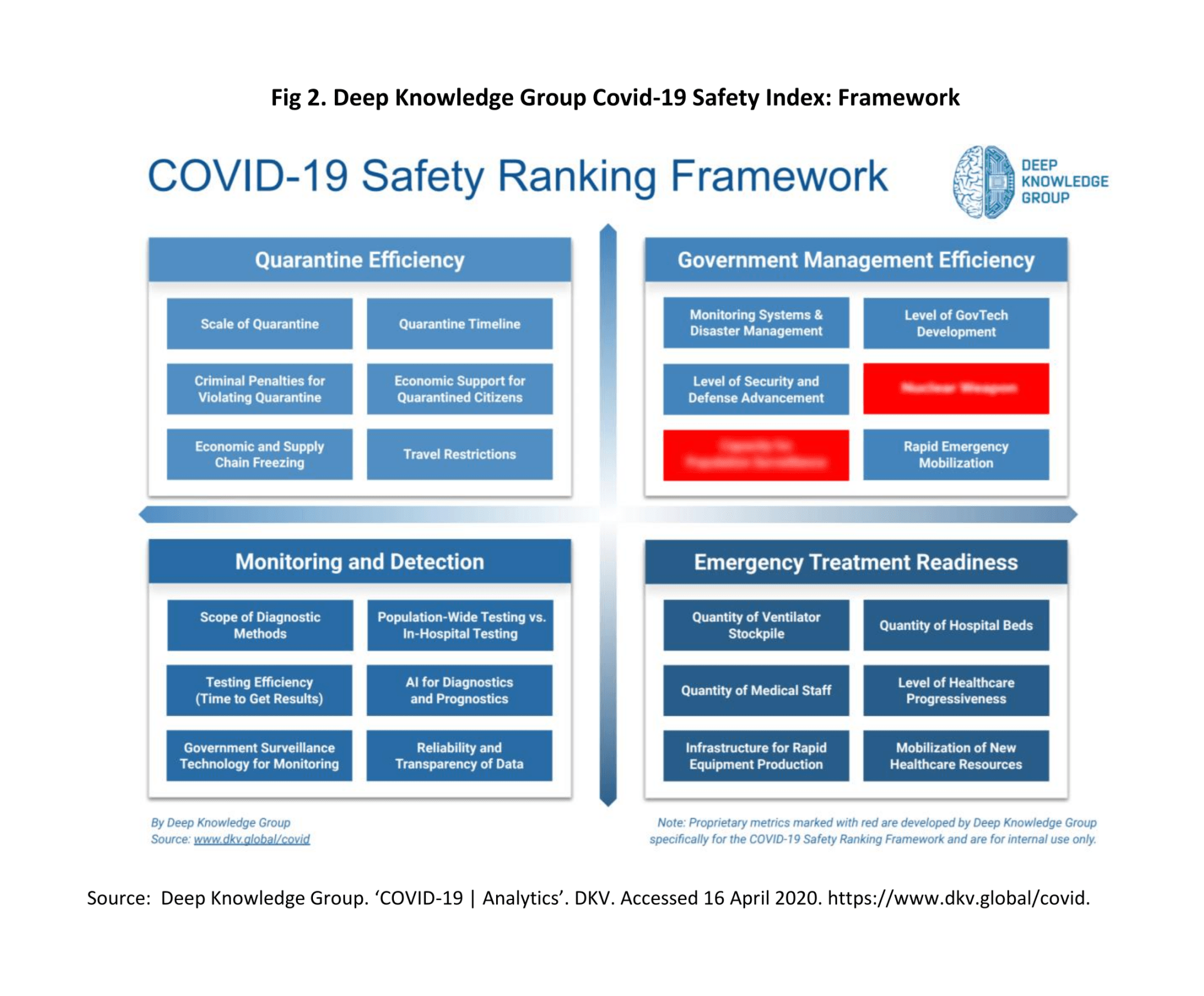
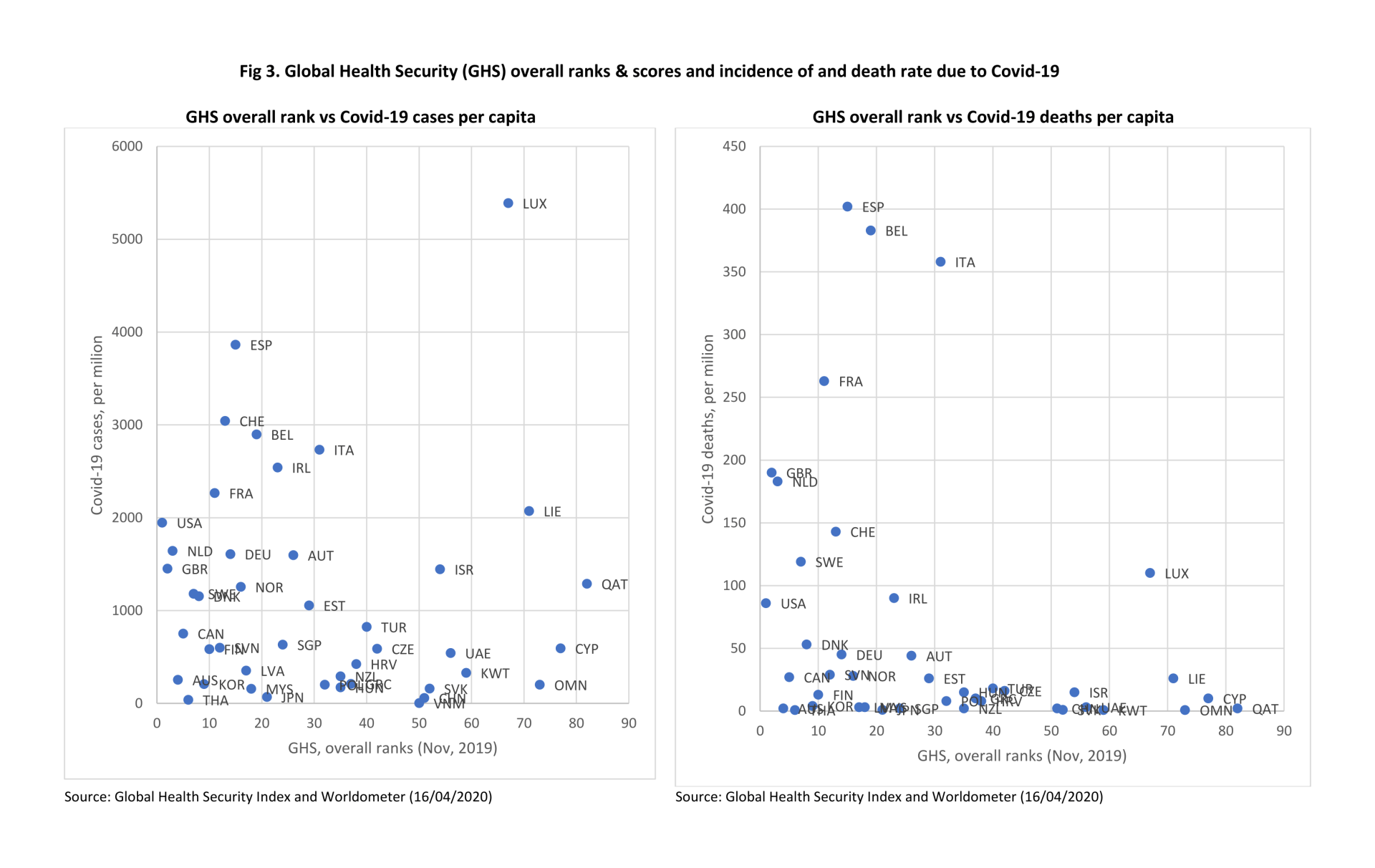
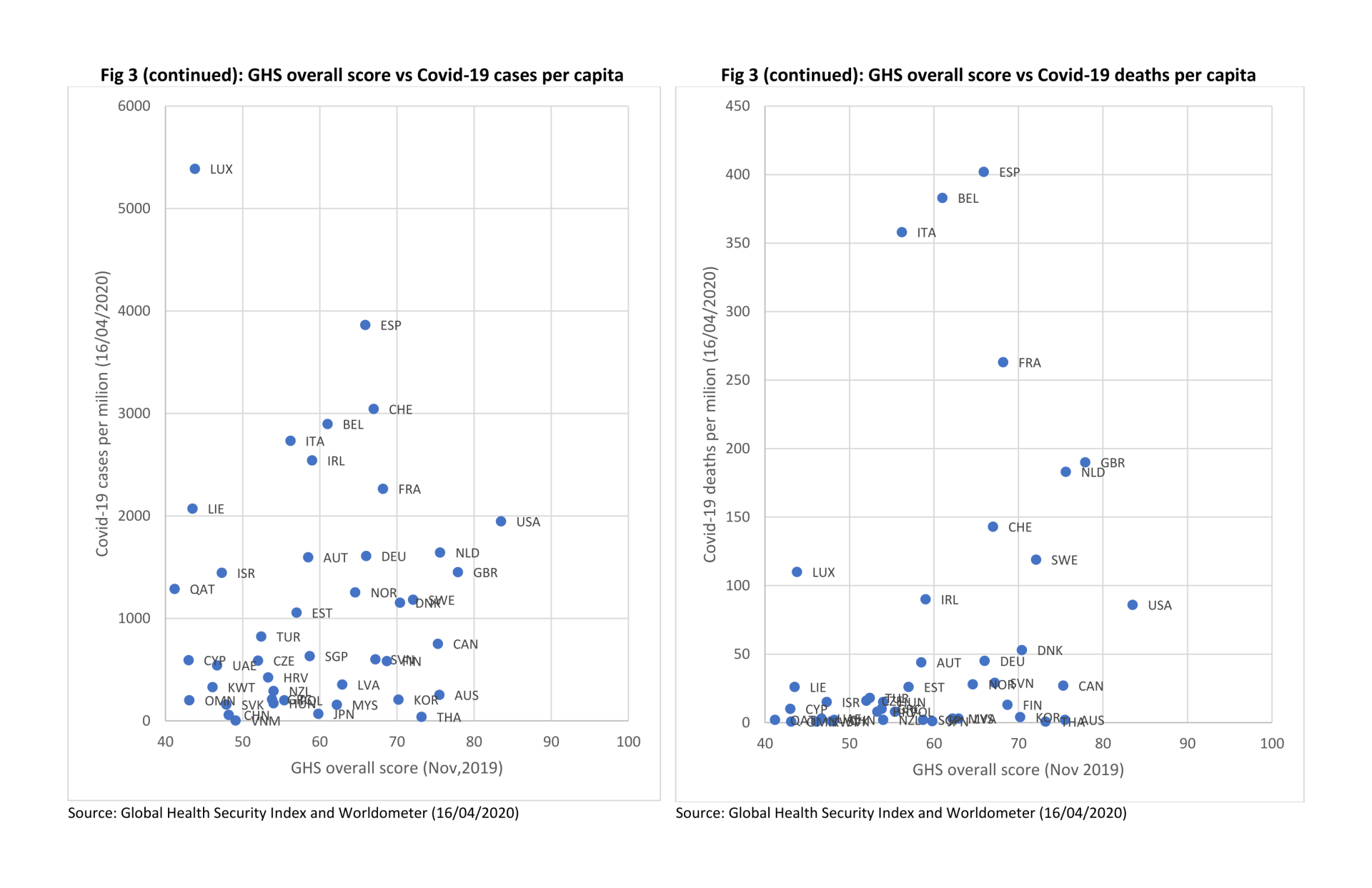
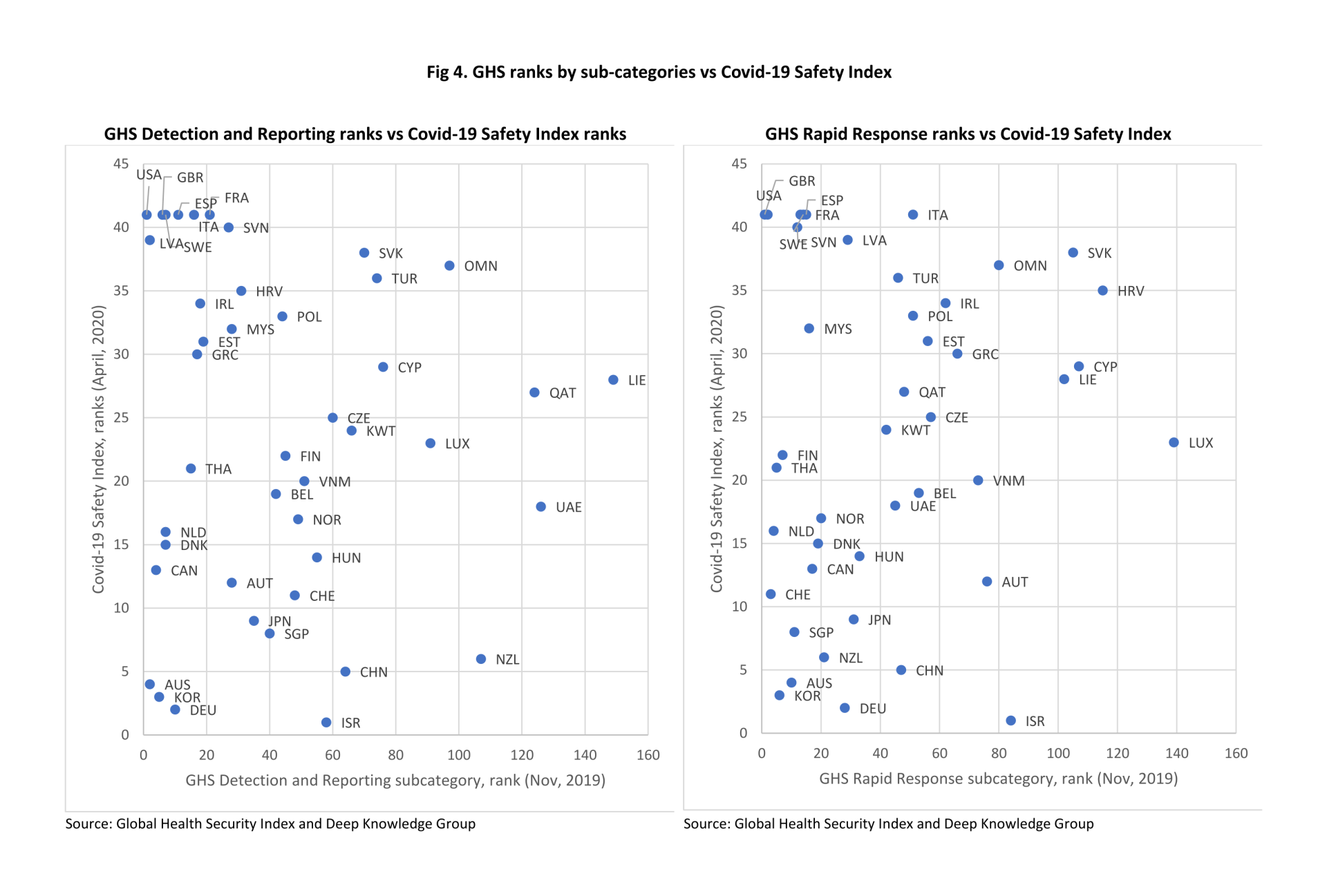
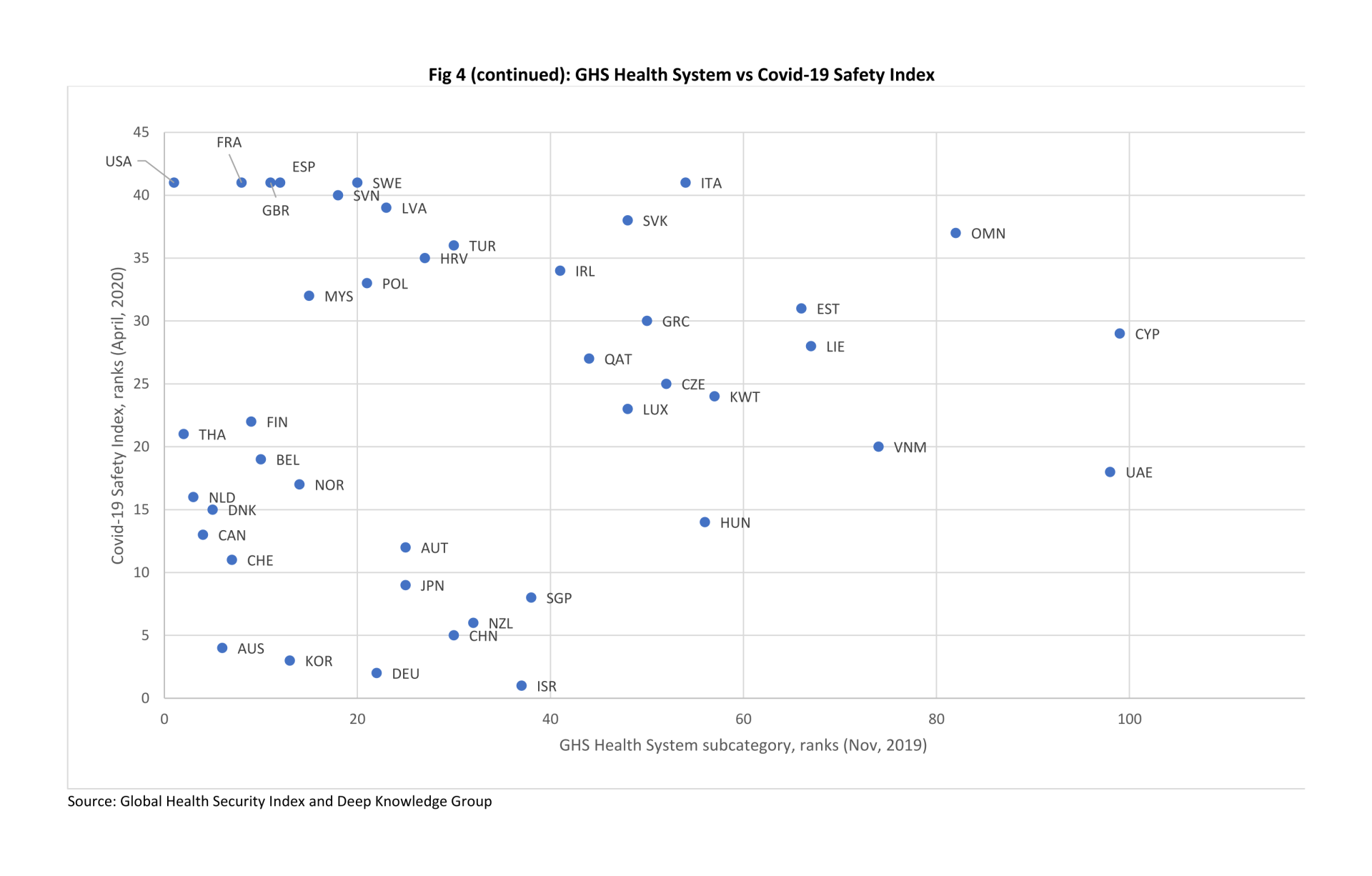
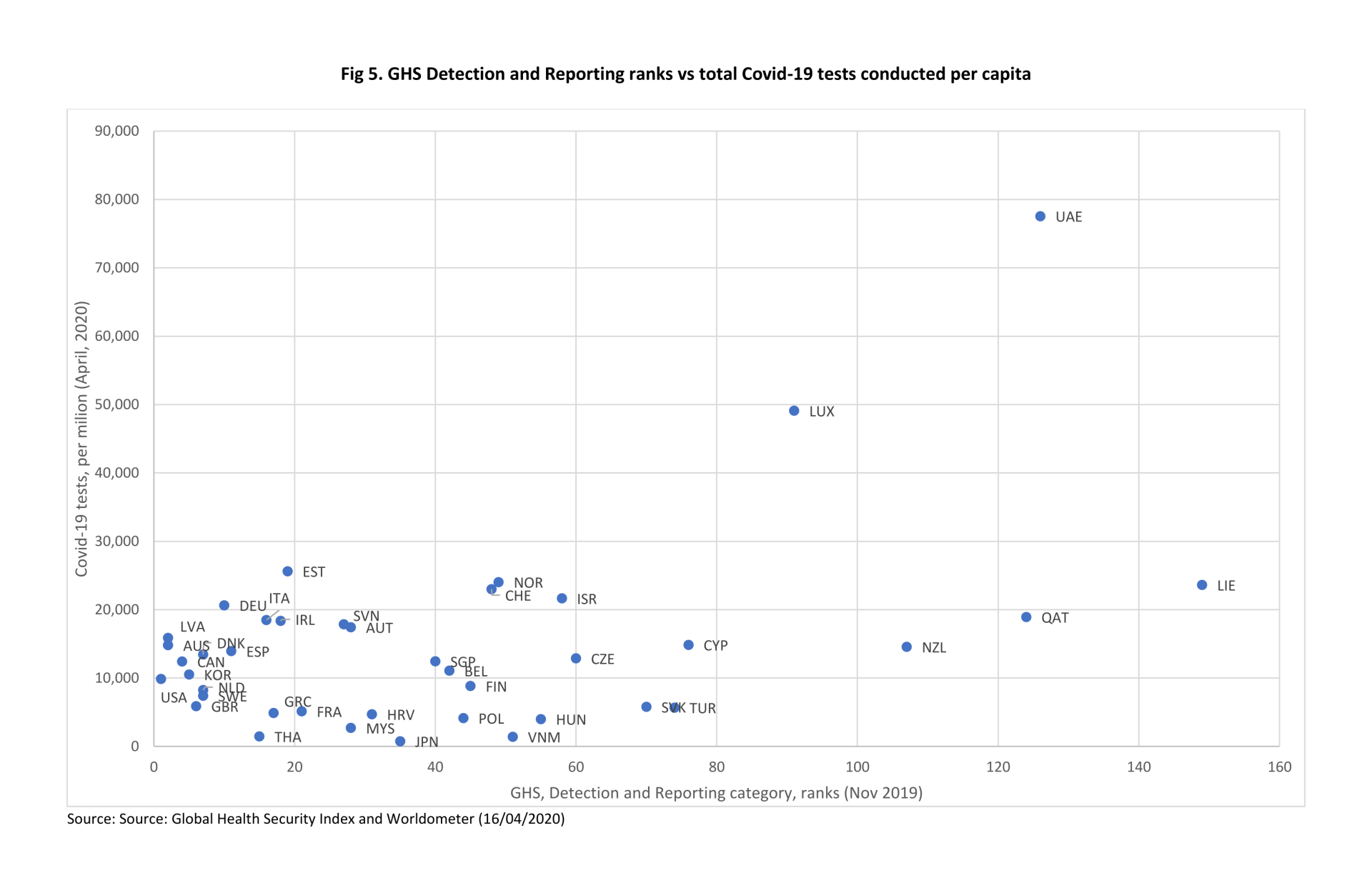
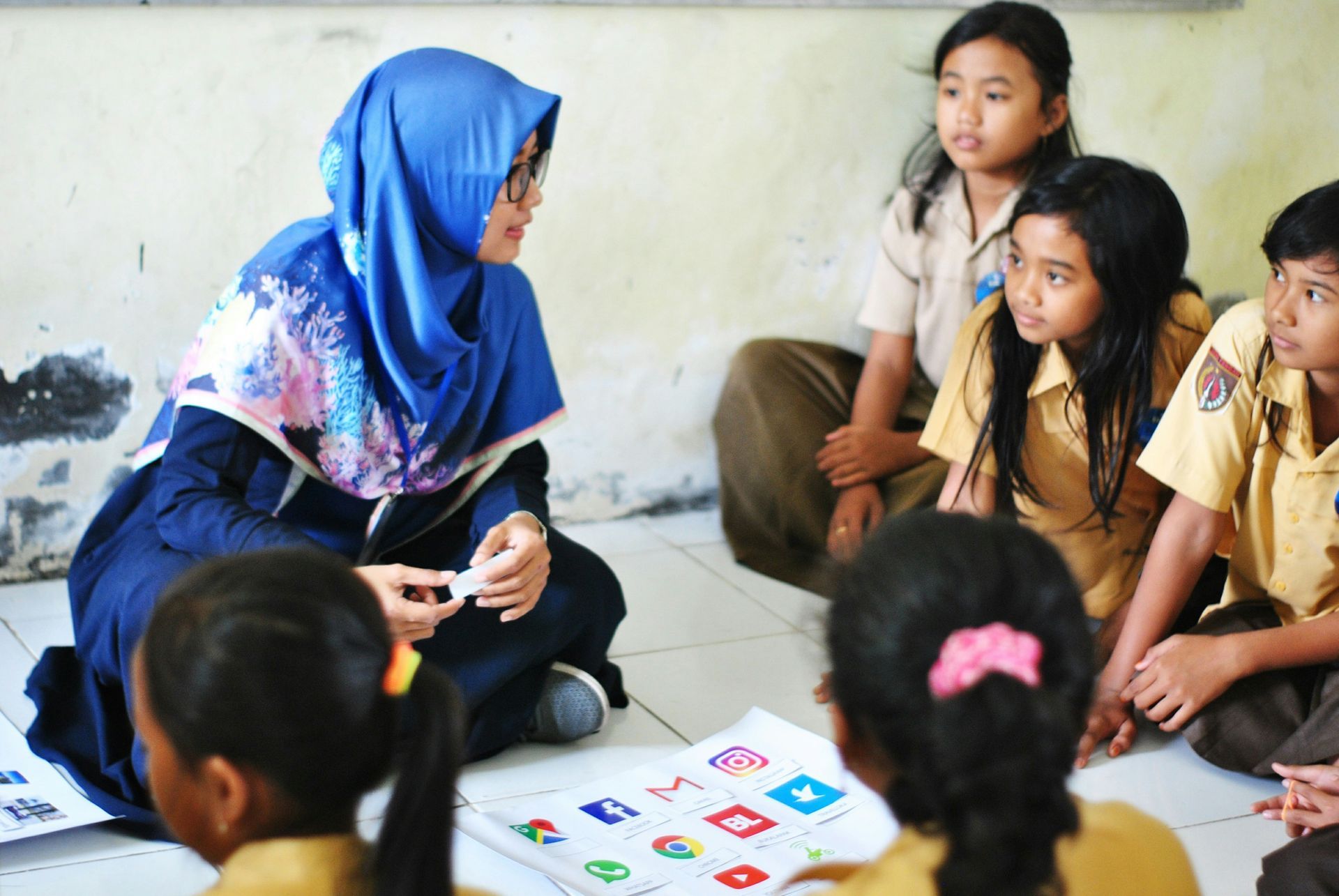






Get our latest insights, opportunities to engage with our networks, and more.
SDSN mobilizes global scientific and technological expertise to promote practical solutions for sustainable development, including the implementation of the Sustainable Development Goals (SDGs) and the Paris Climate Agreement.
Paris
19 rue Bergère
75009 Paris
France
+33 (0) 1 84 86 06 60
New York
475 Riverside Drive
Suite 530
New York NY 10115 USA
+1 (212) 870-3920
Kuala Lumpur
Sunway University
Sunway City Kuala Lumpur
5 Jalan Universiti
Selangor 47500
Malaysia
+60 (3) 7491-8622